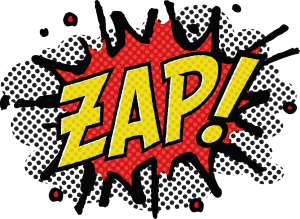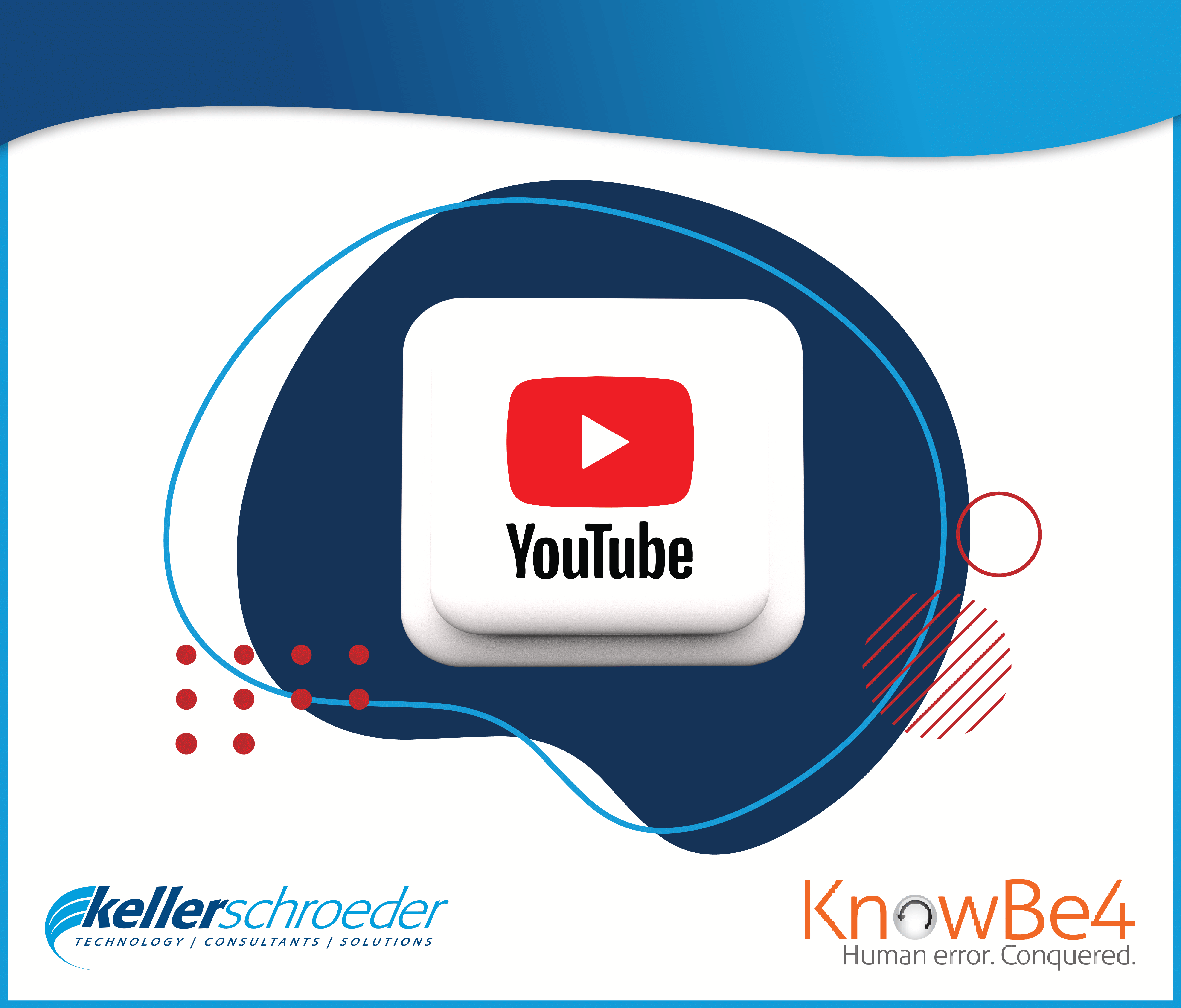There’s an old joke that you ask a consultant what time it is, and they grab your wrist, look at your watch and tell you – it’s 3 o’clock.
Typical emotional responses to the term “consultant” can vary widely. Positive reactions might include deference to their expertise, relief at having additional help, or excitement that “things will actually change now.” Less positive reactions might be the suspicion of their purpose, guardedness with information, or skepticism that they will genuinely add value. There’s nothing wrong with any of these feelings, for just that reason, they are feelings. Good consultants will neither let the positive go to their heads nor take the less positive personally. They realize it takes time to build trust and to assure stakeholders that they’re there to make positive impacts.
What do they do? Consultants come in all manner of functional expertise and industry experience. They might be boutique with a particular services niche, or large with a primary vertical specialization. Then again, they might cut across several verticals with a focus on technology, management, strategy, or even all-of-the-above. Large versus small, regional versus global, there is a consultant for every occasion.
But why are they there? And what value do they really provide?
The true value of consulting stems from independence and neutrality with respect to client organizations, which, when combined with unique expertise and exposure to broad experiences that internal resources haven’t had, gives them the three super abilities.
 Super Ability #1: Discover
Super Ability #1: Discover
This is the super ability to “get to the bottom” of an issue. It may involve collecting and validating facts, obtaining and analyzing company data, conducting structured interviews and workshops, and gathering pertinent documentation. There are many tools and methods for doing this. Still, the key to this super ability is leveraging independence, neutrality, and the ability to validate & synthesize information into a well-balanced and informed “discovery findings report.” The “Discover” super ability can be extremely valuable to leaders in organizations where information is stored in staff minds as “tribal knowledge,” where data is messy (or difficult to obtain), and where incentives are misaligned such that it’s difficult to determine what success even looks like. And how can you possibly make good decisions unless you know what success looks like?
 Super Ability #2: Facilitate
Super Ability #2: Facilitate
This is the super ability to open up genuine dialogue. It includes the skill to design meetings, convene the right people, and manage healthy conversations. It is the ability to identify and give voice to value-added activities and discussion that wouldn’t routinely or naturally occur in organizations. Clients may be very good at facilitating meetings internally, but often culture, hierarchy, and personalities can create real or perceived constraints to the possibilities. Moreover, being internal to an organization can make it hard to see the forest for the trees. The Facilitate super ability brings structure to conversations, allowing the client stakeholders to focus on the subject matter. The structure created by the Facilitate super ability also establishes a degree of safety, increasing the likelihood that all ideas get expressed, heard, and given fair evaluation, reducing the effects of positional authority, or internal biases, agendas, or individual incentives. In other words, it increases trust. And the higher the level of trust in the room, the more creative, innovative, dynamic, and effective the organization will be.
 Super Ability #3: Improve
Super Ability #3: Improve
This is the super ability to make an organization better in a way that they can’t easily do on their own. “Improve” can take three forms…
- ‘Enhance.‘ Examples of Enhance include improving a process, automating a task with AI, or bringing in a digital strategist to supercharge a creative team.
- ‘Augment.’ Augment might mean adding a data engineer to an internal DevOps team to flex to a peak application development workload, or adding another chemical engineer to the staff to troubleshoot maintenance failures more effectively.
- ‘Create.‘ This is the broadest of all. A custom software build, an enterprise architecture design, an innovative manufacturing process, organizational structure, or entirely new line of product offerings… These are all potential “super Creations” that consultants might provide.
Leaders value the “Improve” super ability because it gives them a fresh independent perspective, flexibility in non-permanent personnel models, and special-purpose strategic capability that they don’t typically have.
Investing in consulting services brings the three super abilities to bear on key client challenges. Visionary and effective leaders leverage consultants wisely to create value for their organizations whenever independence and neutrality are the key ingredients to what they’re cooking up.
So what are you cooking? We’d love to chat.
Written By:

Josh Pack, PhD
Practice Leader, Strategic Management & Data Science
Data Strategy Group





